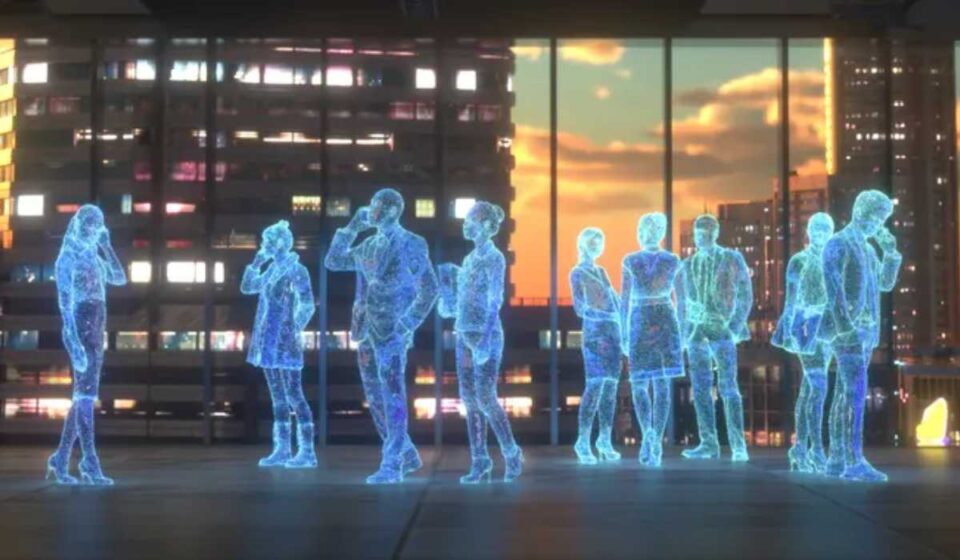The concept of the metaverse has rapidly gained traction, evolving from a niche idea to a mainstream topic of discussion in technology and business circles. At its core, the metaverse refers to a collective virtual space, created by the convergence of virtually enhanced physical and digital realities. It encompasses augmented reality (AR), virtual reality (VR), and persistent virtual worlds that continue to exist even when not being accessed. This immersive digital environment allows users to interact, socialize, and engage in activities in ways that closely mirror the physical world. As the technology powering the metaverse advances, its potential to revolutionize various aspects of life, including the future of work, becomes increasingly apparent.
Recent developments in AR and VR technologies have made significant strides, making the metaverse more accessible and practical for everyday use. Companies like Facebook (now Meta), Microsoft, and Google are heavily investing in these technologies, aiming to create platforms that offer more than just gaming experiences. In the context of work, the metaverse provides an innovative solution for remote collaboration, offering virtual offices where employees can meet, interact, and work together in a shared space, regardless of their physical locations. This goes beyond the capabilities of current video conferencing tools, enabling a more immersive and interactive experience that can enhance communication and collaboration.
The transformative potential of the metaverse extends beyond just remote work. It opens up new avenues for digital economies and entrepreneurship. In the metaverse, businesses can establish virtual storefronts, host events, and even create entirely new products and services tailored for a digital-only existence. This shift could lead to the emergence of new job roles and industries, as well as novel ways of conducting business. For example, real estate in virtual worlds has already become a valuable commodity, with companies and individuals investing in virtual land for various purposes, from advertising to building virtual experiences.
However, the transition to a metaverse-centric work environment presents both challenges and opportunities. For businesses, adapting to this new paradigm requires significant investment in technology and a rethinking of traditional business models. Issues such as data privacy, cybersecurity, and the digital divide also need to be addressed to ensure inclusive and secure access to the metaverse. Despite these challenges, the potential benefits of the metaverse—such as increased flexibility, new business opportunities, and enhanced employee engagement—make it a promising frontier for the future of work. As the metaverse continues to evolve, businesses that embrace this transformation early on stand to gain a competitive advantage in an increasingly digital world.


